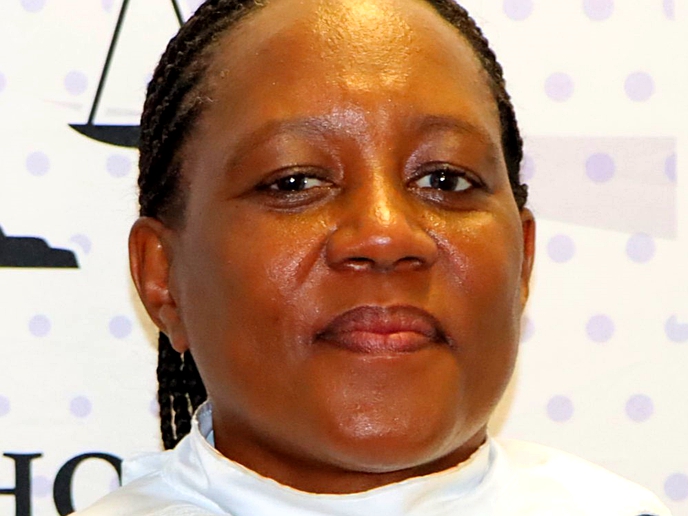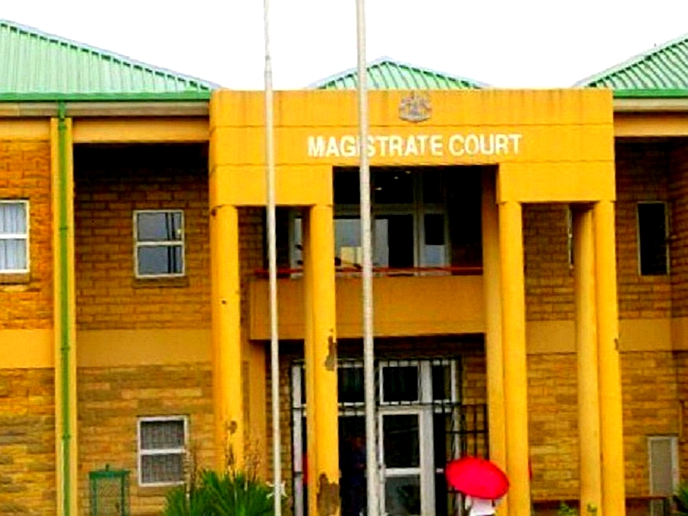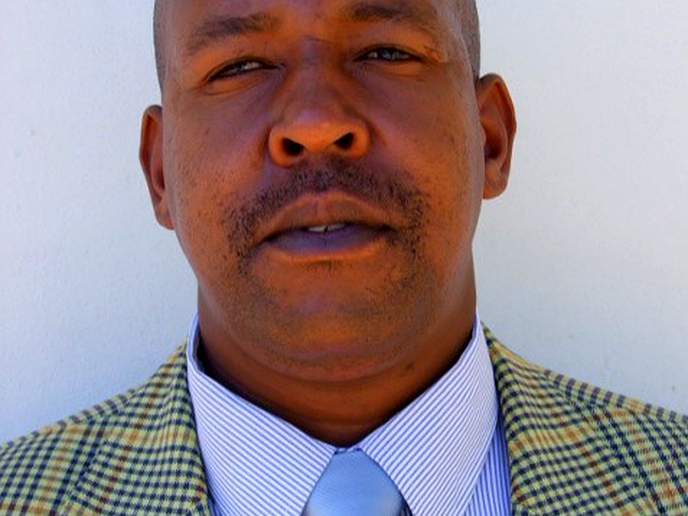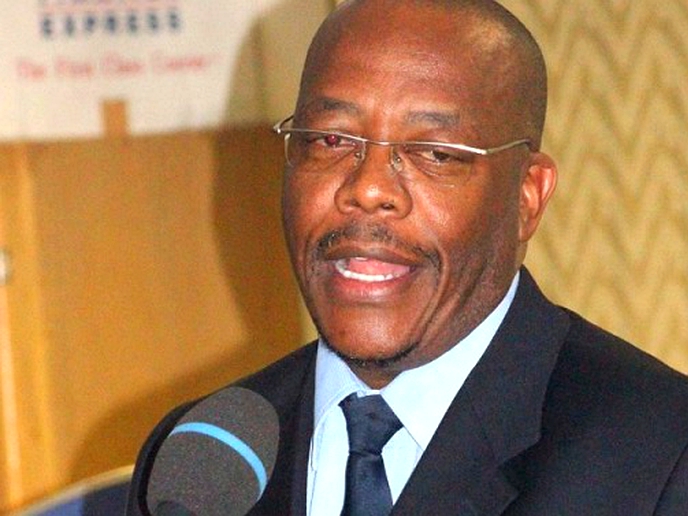MASERU - Singaporean investors are in the country to assist embattled local farmers with crop production, Principal Secretary of the Ministry of Agriculture and Food Security, Malefetsane Nchaka, has confirmed in an interview with Metro.
news
Dec. 17, 2019
GERARD MOLUPE
3 min read
New dawn for crop farmers

Principal Secretary in the Ministry of Agriculture , Malefetsane Nchaka
It has been ages that Lesotho is failing to secure food production due to a number of factors that include climate change, leaving the country with no option but to rely on importation of crops, especially maize from South Africa so that its people could have their staple food – maize.
Mr Nchaka said the investors had brought along their agronomists and had already tested the soil in Nazareth, Machache, to see what breed of crops could be suitable in that area.
“There are about six villages in the area where this project is going to be piloted,” he said, adding it was the community council in the area that responded hastily when the investors asked for a land to get their project up and running.
He said as much as the investors had an intrinsic interest in maize production to help Lesotho satisfy its maize demand, they would also roll out their project into vegetable production. He said the investors in the area had entered into a contract with the farmers where a farmer would get 175 kg per acre.
Mr Nchaka said the investors would now venture into the project starting with 1 000 hectares and would also extend their project to 5 000 hectares until they reached 10 000 hectares. “The 10 000 hectares is their benchmark,” he said.
Much as the investors have started with Machache area, these investors according to Mr Nchaka will eye the southern part of the country to plant beans and wheat in the future.
Enjoy our daily newsletter from today
Access exclusive newsletters, along with previews of new media releases.
He said the investors were gravely worried by the rate at which Lesotho imported food items from South Africa and yet there was land in Lesotho on which production could be done.
“Farmers who have contracts with the government will be given first priority over other people in the area to work on the fields. And they will be remunerated,” Mr Nchaka said. He said the investors were already planning to build a milling utility in the area where 1 ton of crops would be ground per hour - 1 ton is equivalent to 20 bags.
“These investors have already secured a place to construct the mill offered by the community council,” Mr Nchaka said.
He said the investors’ share would be sold as the finished product (mealie meal) locally, and the farmers would also be allowed to sell their share if they had a surplus. Mr Nchaka said these investors were expected to stay in the country for 20 years, and during that time, local farmers would be able to amass a wealth of experience from them.
The food security situation is structurally fragile, due to poor harvests linked to droughts.
World Food Programme (WFP) said over 30 percent of the Lesotho population across all 10 districts would face high levels of acute food insecurity until March 2020. It said more than 70 percent of the population in rural Lesotho was engaged in subsistence farming.
And productivity has been deteriorating since the early 1990s because of unpredictable weather conditions, including inconsistent rains as well as persistent and recurring droughts.
The livelihoods of millions of African producers are constantly threatened by a broad range of risks from climate and other natural hazards, to price volatility and unpredictable markets and policies.
These risk factors are major impediments to expanding financial services, investment and hence productivity in agriculture. Agriculture and Food Insecurity Risk Management (AFIRM) aims to foster a shift in mind-set from managing crises to managing risks.
This is done by supporting Regional Economic Communities and African countries in mainstreaming AFIRM in their national development plans.
Tailored for you






